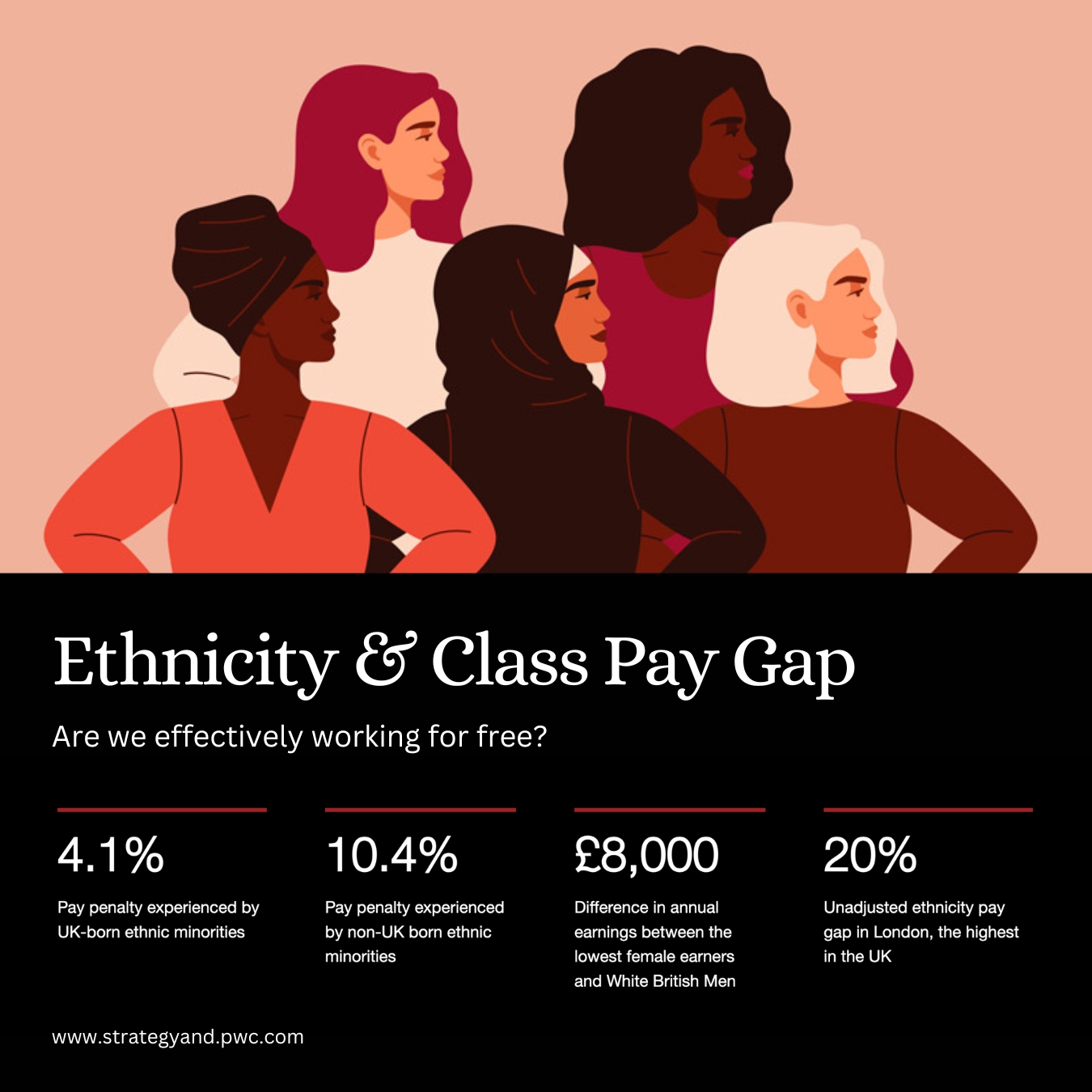
The Hands-On Future ➔ Why Gen Z is Ditching the Desk for a Toolkit
While the world’s geeking out about robots and AI (and honestly, who can blame them?), there’s this super interesting twist on the horizon. Gen Z is showing us that while algorithms are cool, so is wielding a hammer or turning a wrench. Basically, trade-skill jobs are having a moment, and it’s got legs to become a whole movement.
- Digital Detox with Tangibility: Ever tried building or fixing something with your hands? It’s like adult LEGO, but way cooler. In a world filled with screens, there’s something epic about creating something touchable and real.
- Real Job Love: Thumbtack’s survey, revealed some eye-opening finds. 87% of the trade folks are loving what they do. And when was the last time you heard numbers like that from the corporate jungle?
- Perks Galore: Gen Z’s on to something. Flexible hours, less debt from schooling, and maybe even being the boss. The 9-to-5 grind’s got nothing on this.
- Old School vs. New School: Times are changing, and while a degree’s great, it isn’t the only ticket to the good life. Gen Z’s shaking things up, and it’s about time!
- A Shift in the Wind: So, technical job apps are down, but it’s not necessarily because the jobs aren’t great. It’s more about how we’re selling them. Places like Tampa’s Kirkland Ranch Academy of Innovation are showing us the future – and it looks hands-on.
Tangible talents
Handyman-hiring platform Thumbtack conducted a series of surveys about the state of trade jobs and found some surprising insights.
- 73% of Gen Z respondents have a high opinion of trades and say it’s almost as respectable a career choice as going into medicine.
- 47% are interested in pursuing a trade career themselves.
- 80% of respondents say benefits like a more flexible schedule and a faster, cheaper educational path make it more appealing than a desk job.
- But 82% are still being told going to college is the only option for having a successful life — so there’s still a strong generational divide.
To Wrap it Up: Robots might be doing a lot more in the future, but there’s heaps they can’t do. They can’t feel the grain of wood, empathise with a client’s story, or truly innovate in the same way humans can. The future’s tactile!






